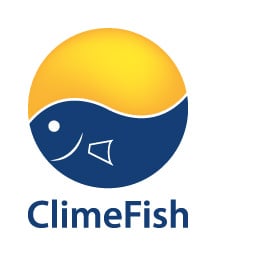Assessing countries’ social-ecological resilience to shifting marine commercial species
Nature scientific reports
Ojea, Elena; Fontán, Elena ; Fuentes-Santos, Isabel; Bueno-Pardo, Juan;
Abstract
Climate change is already impacting fisheries with species moving across fishing areas, crossing institutional borders, and thus creating conflicts over fisheries management. In this scenario, scholars agree that adaptation to climate change requires that fisheries increase their social, institutional, and ecological resilience. The resilience or capacity of a fishery to be maintained without shifting to a different state (e.g., collapse) is at stake under climate change impacts and overexploitation. Despite this urgent need, applying the resilience concept in a spatially explicit and quantitative manner to inform policy remains unexplored. We take a resilience approach and operationalize the concept in industrial fisheries for two species that have been observed to significantly shift distribution in European waters: hake (Merluccius merluccius) and cod (Gadus morhua), in the context of the European Union institutional settings. With a set of resilience factors from the literature and by means of contemporary and historic data, we select indicators that are combined into an index that measures resilience on the ecologic, socioeconomic, and institutional dimensions of the fishery. We find that the resilience index varies among species and countries, with lower resilience levels in the socioeconomic dimension of the fisheries. We also see that resilience largely depends on the overexploitation status of the fishery. The results highlight the need to address social and institutional settings to enhance fisheries adaptation to climate change and allow to inform on climate resilient adaptation pathways for the fisheries.
DOI: 10.1038/s41598-021-02328-6
